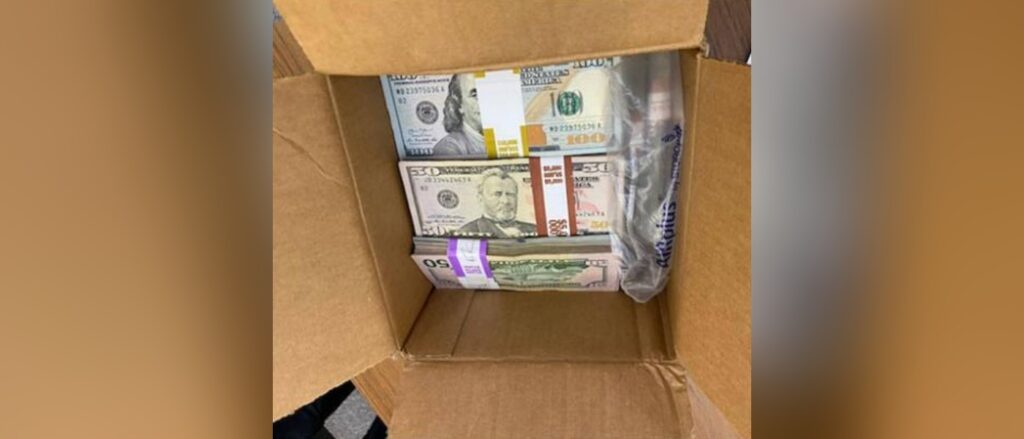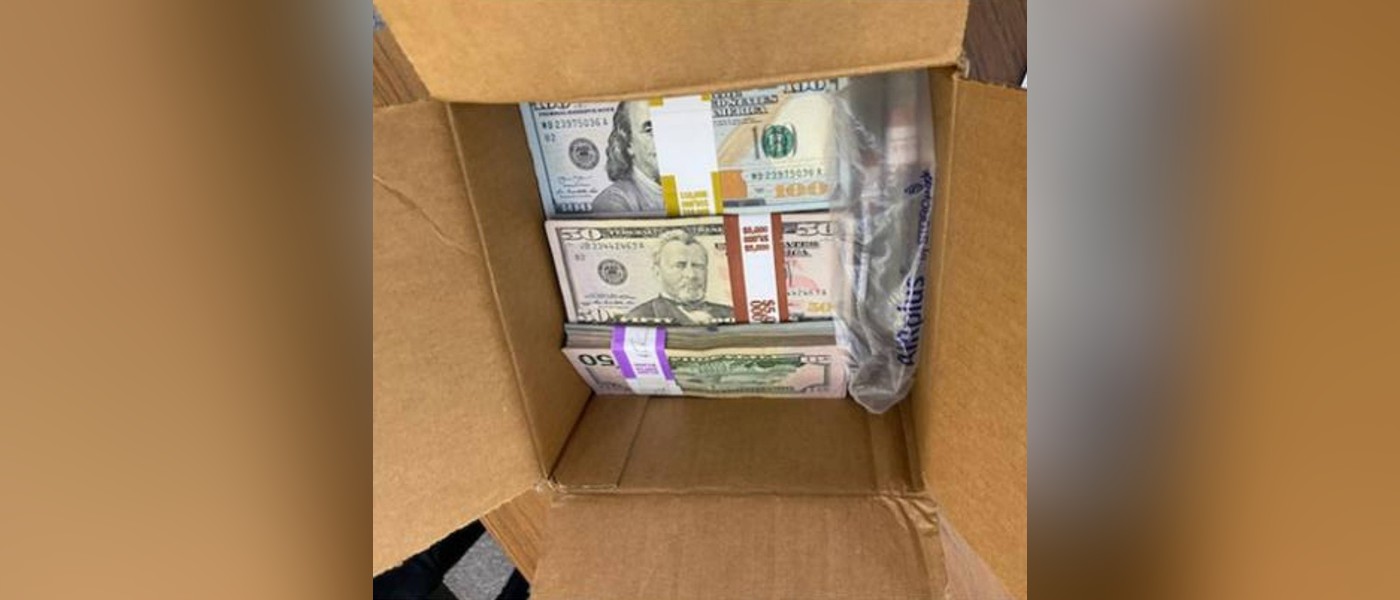
One day last September, Vinod Menon, the head of the physics department at Harlem’s City College of New York campus, had to face the normally unpleasant task of going through almost a year of COVID-lockdown office mail, and was stunned when he opened a 9-month-old package only to find it contained $180,000.
Stacked notes in 50s and 100s wrapped in paper bands, an anonymous letter, and a return address to an alias were all that accompanied the parcel which was addressed to “Head of the Physics Department.”
“I’ve never seen this kind of money in real life in cash form,” Menon told CNN. “I’ve never seen it except in movies, and so, yeah, I was shell shocked and I just did not know how to react.”
The sender evidently had unshakable faith in the U.S. postal system, and desired to send the cash as a donation to cash-strapped students looking to pursue physics and other sciences.
City College of New York is one of the most-productive public university systems in the States, and the physics department has long punched above its weight. Three Nobel laureates in physics received their education there, and in 1921 Albert Einstein gave one of his first lectures at the Harlem campus.
“Assuming that you are a bit curious as to why I am doing this, the reason is straightforward,” the letter read, continuing to explain that its generous writer had, many years ago, taken advantage of the “excellent educational opportunity,” available at City College to study physics, earn a master’s, and pursue a “long, productive, immensely rewarding scientific career.”
MORE: $10 Million in Student Debt is Wiped Out for 2,500 South Carolina Students Using Stimulus Funds
The alias return address was to Kyle Paisley, a name absent from the university’s graduation logs, at a house in Pensacola, Florida, whose owners apparently had no idea or knowledge of the donation.
The money was first treated as evidenced, but after a two-month long investigation had revealed nothing that could link it to criminal activity, the Board of Trustees held a vote to see if they would keep the money.
Unsurprisingly, they did, with one chair suggesting the beat up old box be “bronzed” and “put in a display case.”
Dr. Menon, who grew up in India, noted that the gift would provide for two fully-funded scholarships every year for a decade, and that he would try to see it go into the hands of the students who had the fewest means—such as immigrants like himself.
EDUCATE Your Mates With the Good News; Share This Article…




















